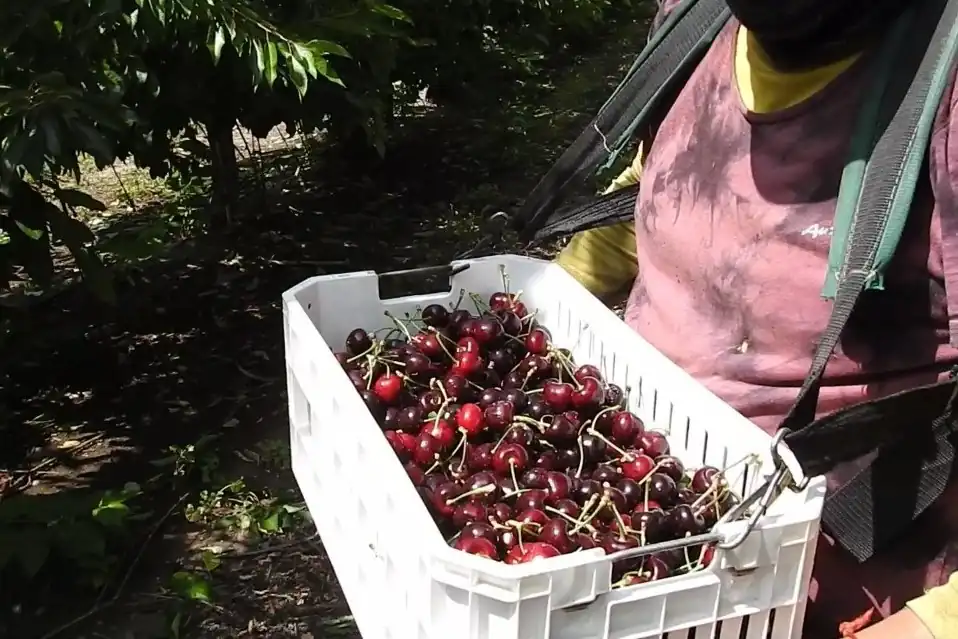Kick-off of the INSTINCT project: digital systems to support local farmers in the fight against pests. The INSTINCT project, led by the Laimburg Research Centre in cooperation with the University of Bozen/Bolzano, Eurac Research and the innovative SME FOS S.p.A., started this year.
The aim is to find new solutions in the fight against insects harmful to fruit growing in South Tyrol. The project involves the development and validation of traps using new attractants, smart sensors and artificial intelligence. The aim is to provide scientific knowledge and data to minimise the use of synthetic insecticides in agriculture. The project is co-financed by the European Union.
The sustainable control of harmful insects in agriculture is one of the core strategies of the Laimburg Research Centre's scientific research. The aim is to identify methods for reducing the use of synthetic insecticides and limiting them to what is strictly necessary.
With the INSTINCT project, which was launched on 28 February, new attractants, new sensors and artificial intelligence will be used to develop and validate smart traps for remote monitoring of harmful insects.
Specifically, these are the apple tree pest, Cydia pomonella, and the small fruit fly, Drosophila suzukii, an exotic insect that also affects schiava grapes and cherries. These insects cause damage to orchards in South Tyrol every year, resulting in economic losses.
"Our research aims to develop strategies to support farms in pest management with the aim of minimising the use of plant protection products. We will also adopt innovative technologies, such as sensor technology and artificial intelligence, to provide the agricultural sector with well-founded and adequate knowledge to face the challenges of the present and the future," says Michael Oberhuber, Director of the Laimburg Research Centre.
Monitoring the presence of these insects in orchards is of fundamental importance in order to define the optimal time for intervention with a containment strategy that is more environmentally and economically sustainable. "The aim of the INSTINCT project is to understand the spread and population dynamics of these insects through the design of new, specially constructed smart traps.
The traps will make it possible to study the life cycles of these animals and how they interact with their environment, thanks to the integration of meteorological data," emphasises Silvia Schmidt, project coordinator and head of the newly established Biological Methods for Plant Protection working group at the Laimburg Research Centre.
This information will be useful in order to be able to plan and target intervention with strategies to contain harmful insects at the times that are strictly necessary.
Traps that recognise harmful insects thanks to artificial intelligence
The traps will catch insects thanks to the use of attractive substances developed in another project of the Laimburg Research Centre and the Free University of Bozen/Bolzano (Project DROMYTAL). Insects will be attracted into the trap and detected by special sensors.
Artificial intelligence over the course of the project will be trained to recognise the target insects and thus record the incidence of trapping. Simultaneously with the detection of insect characteristics, environmental sensors will detect meteorological data, such as radiation, humidity and air temperature.
This will allow remote monitoring of the insects and the determination of the optimal time to apply containment methods, as well as better correlation between environmental parameters and the spread dynamics of the two species. Thanks to this strategy, the aim is to minimise phytosanitary treatments and avoid unnecessary ones, thus benefiting the population, the environment and the economy.
Read the full article: Laimburg
Image: Laimburg
Cherry Times - All rights reserved










